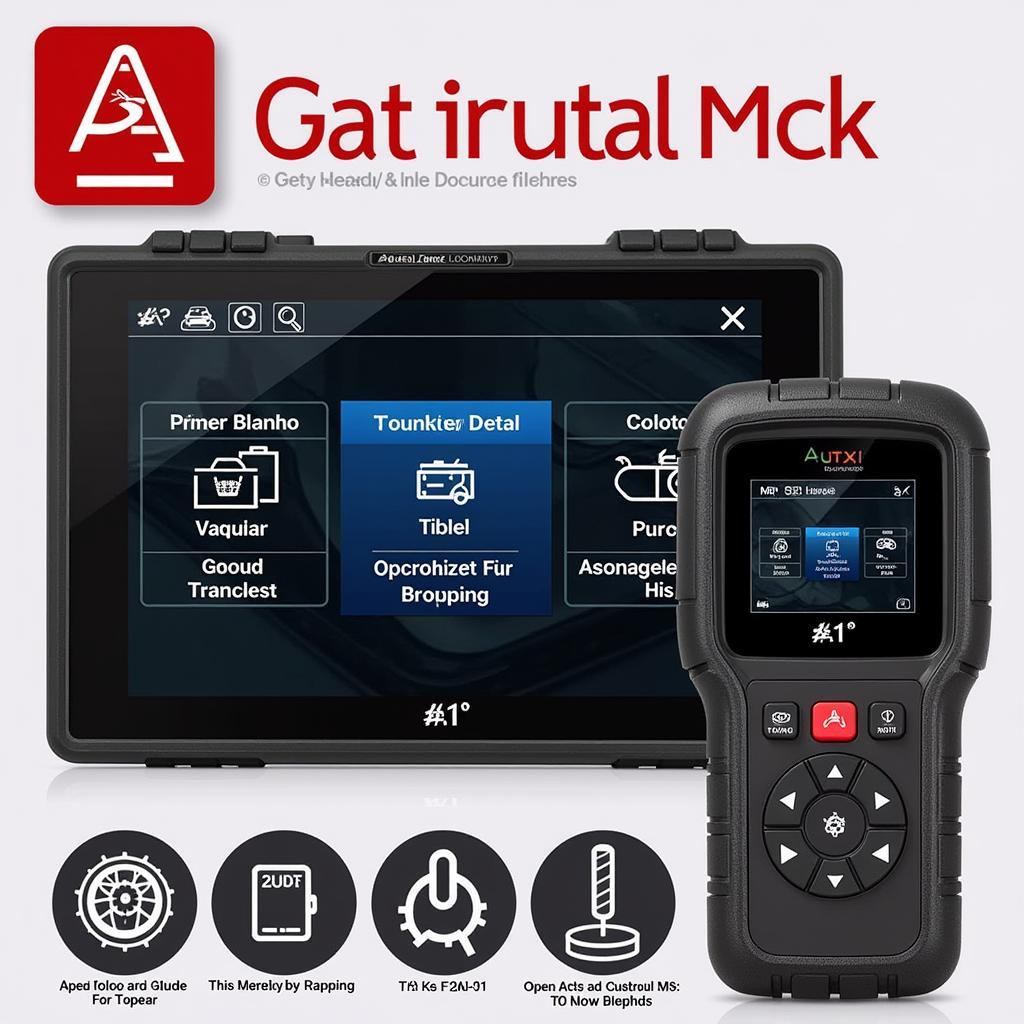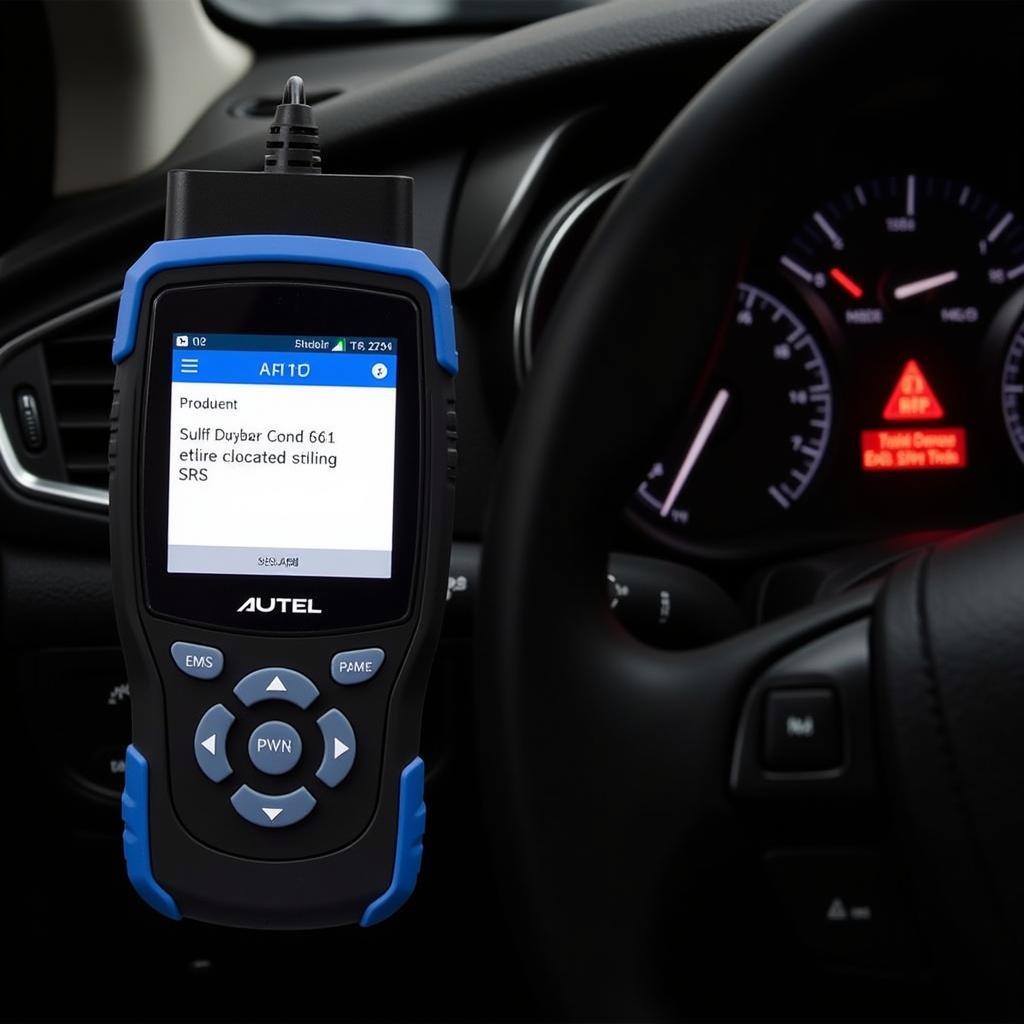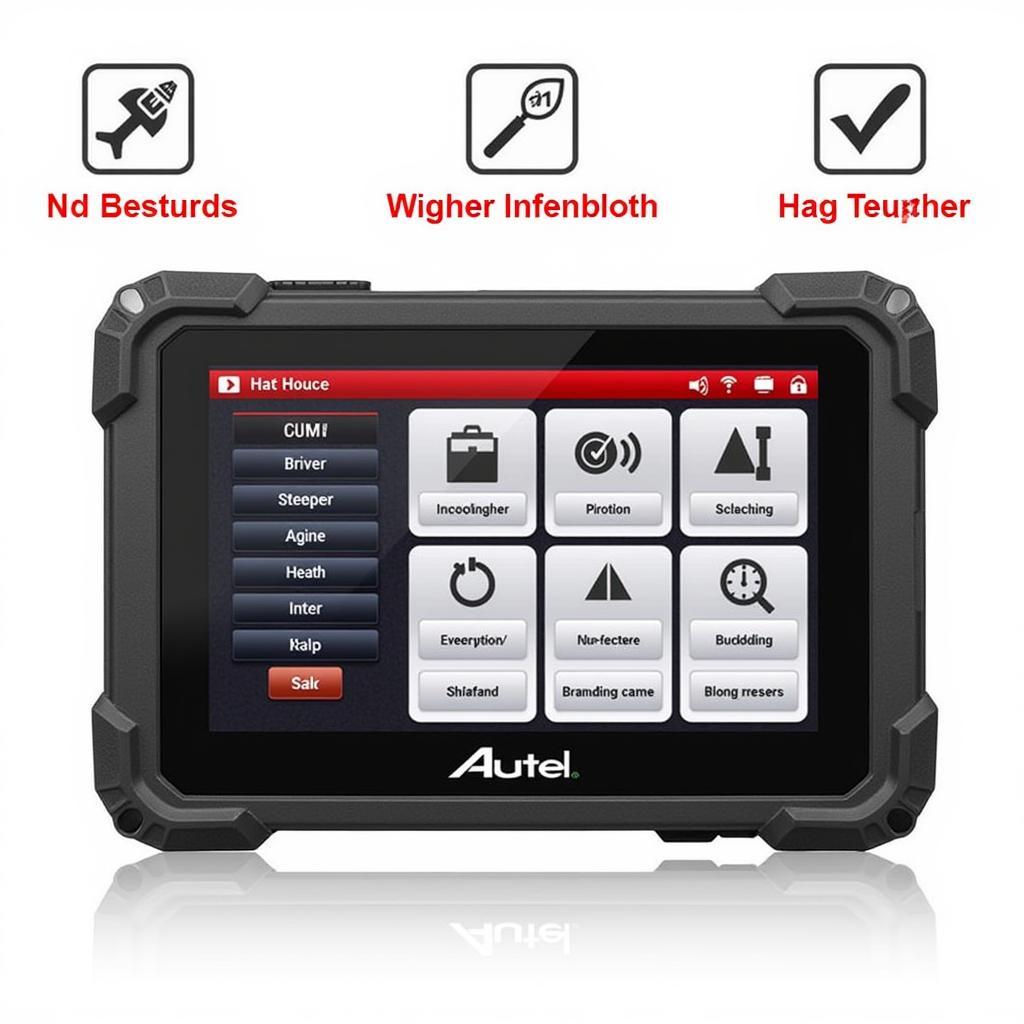Imagine this: you’re cruising down the road in your sleek Mercedes, the engine purring like a contented cat. Suddenly, that comforting purr turns into a disconcerting sputter. Your trusty “Check Engine” light illuminates, casting an unsettling glow on your dashboard. A wave of questions washes over you, the most pressing being, “What’s wrong with my car?” The culprit could lie within the intricate workings of your car’s brain – the Engine Control Unit (ECU), specifically the Bosch ME2.8 or ME2.0 system.
In this article, we’ll delve into the world of Mercedes Bosch ME2.8 and ME2.0 systems, comparing their features, addressing common concerns, and equipping you with the knowledge to navigate the often-confusing landscape of automotive electronics.
Understanding the Engine Control Unit (ECU)
Before we dive into the specifics of ME2.8 and ME2.0, let’s take a step back and understand the crucial role an ECU plays in your Mercedes. Think of the ECU as the brain of your car’s engine. This sophisticated computer system constantly monitors and controls various engine parameters like fuel injection, ignition timing, and emissions control. It ensures optimal performance, fuel efficiency, and compliance with emission standards.
Mercedes Bosch ME2.8 vs. ME2.0: A Comparative Look
Both the ME2.8 and ME2.0 are Engine Control Units (ECUs) developed by Bosch, a leading automotive technology supplier, specifically for Mercedes-Benz vehicles. These systems are renowned for their advanced capabilities and contribute to the performance and efficiency that Mercedes vehicles are known for.
Key Differences and Similarities:
- Generation: The ME2.8 is a newer generation compared to the ME2.0, often found in later Mercedes models.
- Processing Power: ME2.8 generally boasts faster processing speeds and greater memory capacity, enabling it to handle more complex engine management tasks and a wider array of sensors and actuators.
- Communication Protocols: While both systems utilize the CAN (Controller Area Network) protocol for communication between different modules, the ME2.8 might incorporate more advanced protocols, facilitating faster and more intricate data exchange.
- Diagnostic Capabilities: The ME2.8 often offers enhanced diagnostic capabilities, allowing technicians to pinpoint issues with greater precision.
Common Issues:
Despite their sophisticated design, both the ME2.8 and ME2.0 can encounter issues. Some common problems include:
- Sensor Malfunctions: Faulty sensors, like the Mass Air Flow (MAF) sensor or Oxygen (O2) sensor, can disrupt the engine’s air-fuel mixture, leading to performance problems.
- Wiring Harness Issues: Damaged or corroded wiring within the engine bay can disrupt communication between the ECU and other components.
- Software Glitches: Like any computer system, ECUs can experience software errors that require reprogramming or updates.
Diagnosing and Repairing ME2.8 and ME2.0 Systems:
Addressing problems within these complex systems requires specialized equipment and knowledge. A professional automotive technician utilizing a high-quality diagnostic scanner specifically designed for Mercedes vehicles can access the ECU’s fault codes, live data streams, and perform necessary software updates or reprogramming.
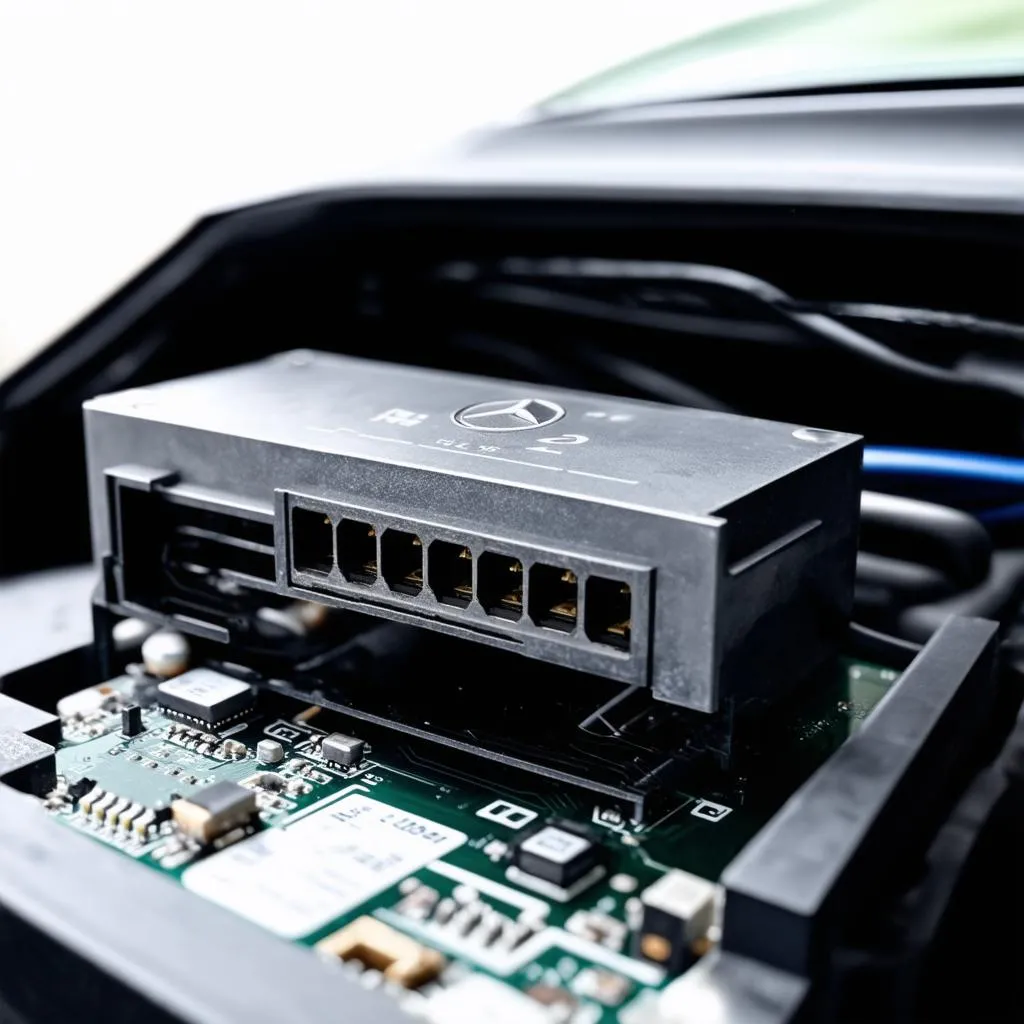 ECU
ECU
FAQs about Mercedes Bosch ME2.8 and ME2.0:
Q: Can I replace a ME2.0 with a ME2.8 in my Mercedes?
A: While possible in some instances, it’s not a simple swap. It often requires extensive modifications to the wiring harness, software reprogramming, and may not be compatible with other vehicle systems. Consulting a specialized Mercedes technician is crucial.
Q: How do I know if my ME2.8 or ME2.0 system needs attention?
A: Common signs include the “Check Engine” light, rough idling, poor fuel economy, difficulty starting, or performance issues.
Q: Can I perform basic diagnostics on my ME2.8 or ME2.0 system myself?
A: While some basic OBD-II scanners can read generic fault codes, accessing the full diagnostic capabilities of these systems requires specialized equipment and software.
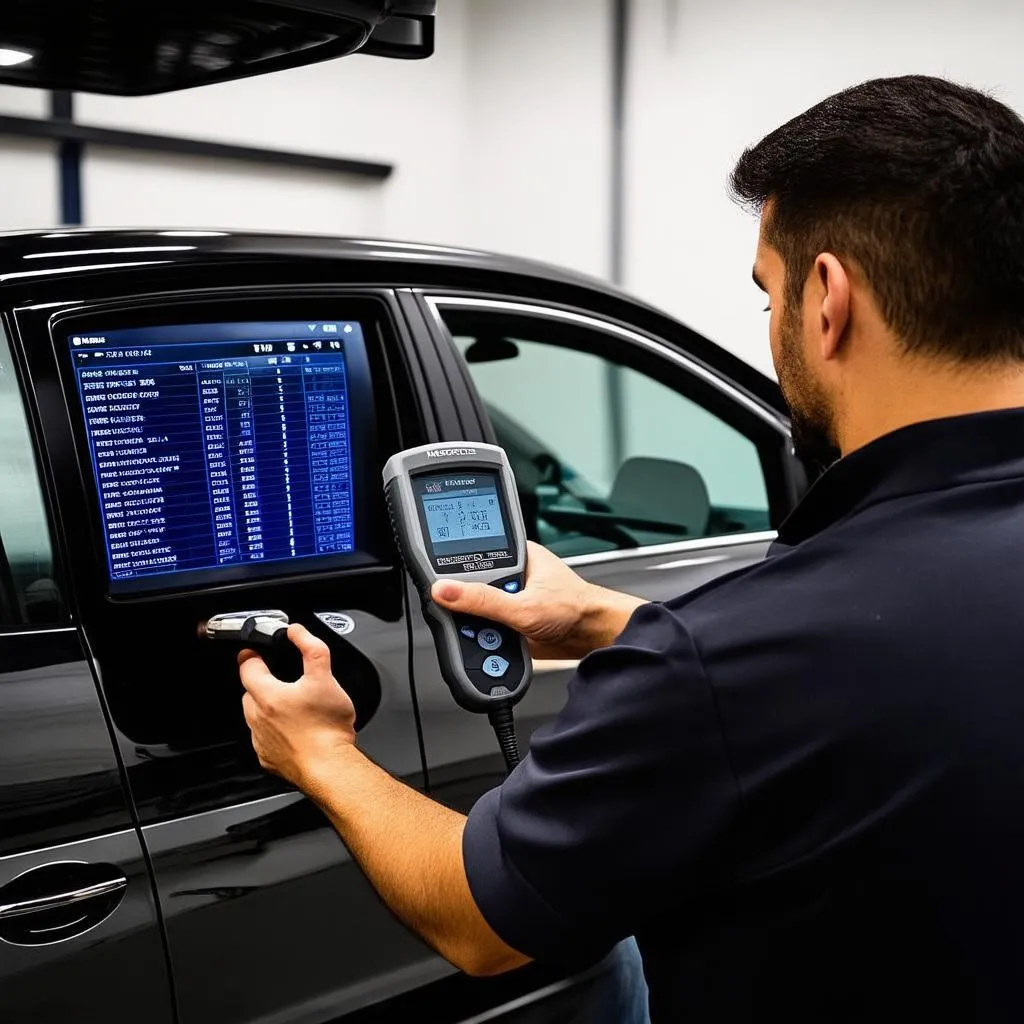 Technician
Technician
Beyond the Electronics: The Human Element and Your Mercedes
While understanding the technical aspects of your Mercedes’s ECU is important, remember that maintaining your vehicle involves a holistic approach. Regular servicing, using high-quality fluids, and addressing minor issues before they escalate contribute significantly to the longevity and reliability of your Mercedes. And just like choosing a trusted mechanic to care for your car’s physical well-being, finding a reputable technician skilled in diagnosing and repairing electronic systems is paramount.
Explore Further:
- Learn about Common Mercedes Transmission Problems
- Discover Tips for Maintaining Your Mercedes Diesel Engine
- Find out the Benefits of Using Genuine Mercedes Parts
We encourage you to reach out to us via WhatsApp at +84767531508 for any assistance related to Diagnostics Tool installations. Our team of automotive experts is available 24/7 to provide support and guidance.
Remember, a well-maintained Mercedes is a joy to drive!
